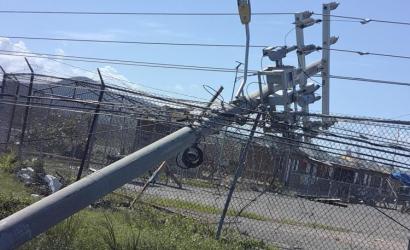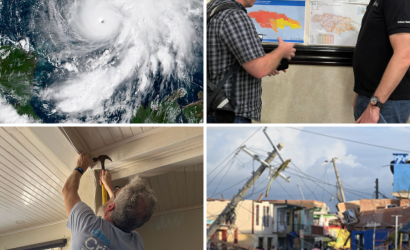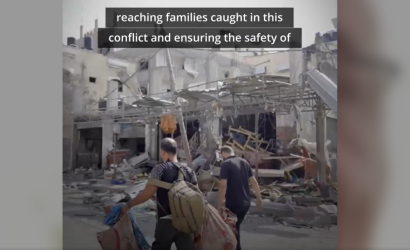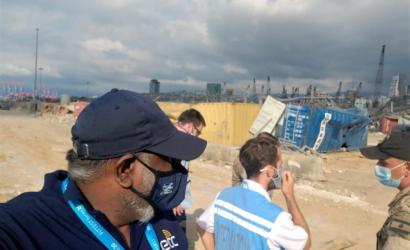Overview
When activated the ETC carries out the following activities:
Strengthens existing coordination mechanisms such as the local ICT Working Group and is only activated for as long as needed to ensure effective coordination of a humanitarian response and takes part of the Inter Sector Coordination Group (ISCG).
- Conducts needs assessments Once activated the ETC conducts several needs assessments, both cluster/sector specific and as part of a joint inter-agency assessment exercises. The aim of the assessments is to determine the service requirements versus what is available on the ground and by doing so find gaps, avoid duplication of efforts, and inform strategic decision-making.
- Response Planning: After conducting assessments and determining needs and gaps, an ETC response plan is prepared and agreed with as broad a range of partners as possible. Existing in-country competencies are found and used as much as possible, with preparedness, including capacity strengthening amongst partners and national authorities being part of the response plan, along with Service continuity.
- ETC Response: During a response the ETC augments or establishes an effective coordination mechanism, including hosting coordination meetings, Information Management (IM) and monitoring and evaluation of the cluster activities and services, thus ensuring any response activities adapt to the changing needs of partners, authorities and the affected population.
- Service Continuity: Once the cluster activities can be efficiently transitioned from emergency response to recovery because there is no longer any gaps, the ETC either hands over services, equipment and possibly coordination to the most appropriate entity on ground for cost-sharing arrangements or preparation of future crisis, or exit all its activities. The cluster is then deactivated.
- Best Practices and Lessons Learned: The examination of best practices and lessons learned from past humanitarian relief efforts, offer valuable insight for making improvements on the execution of future emergencies operations.





